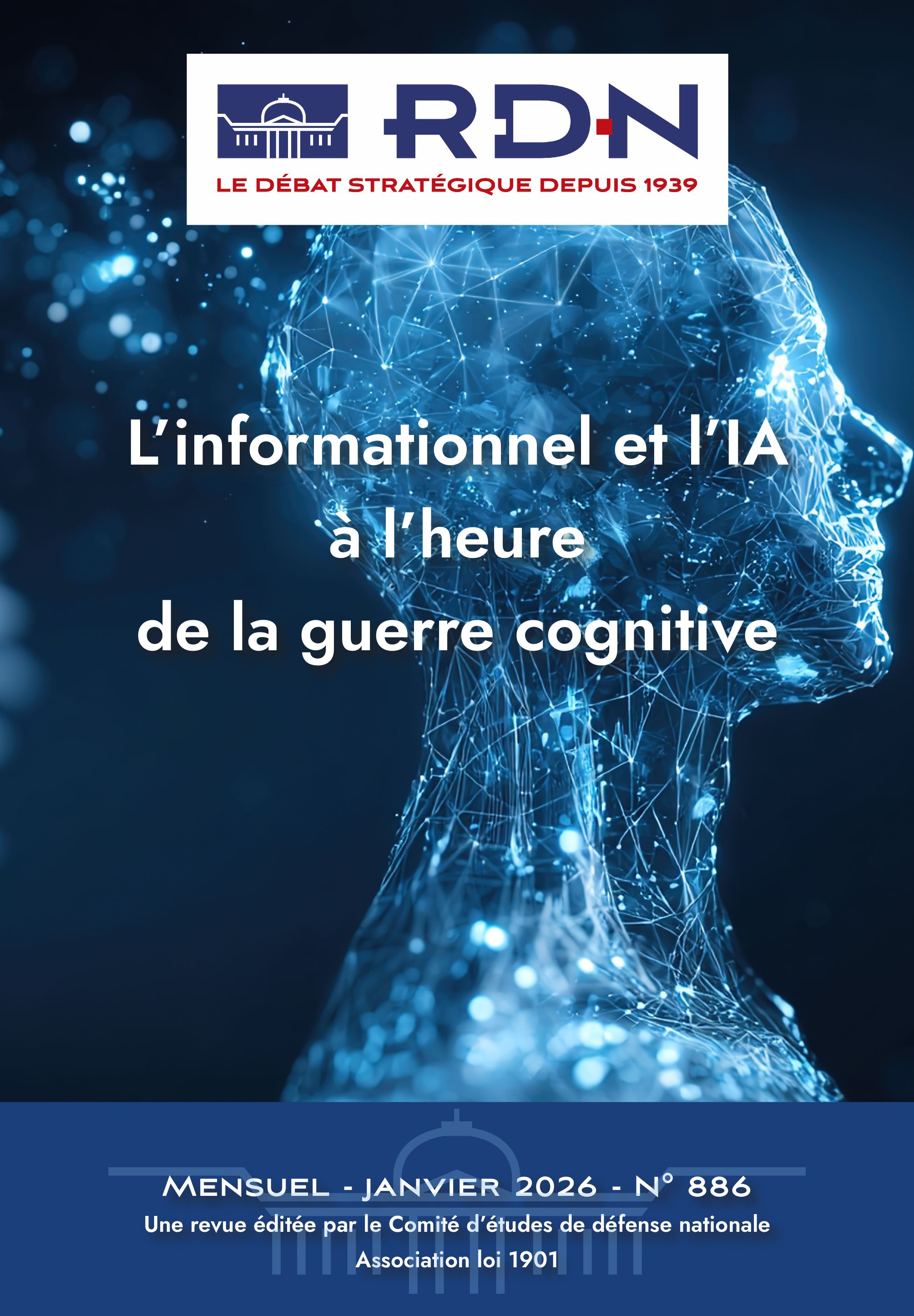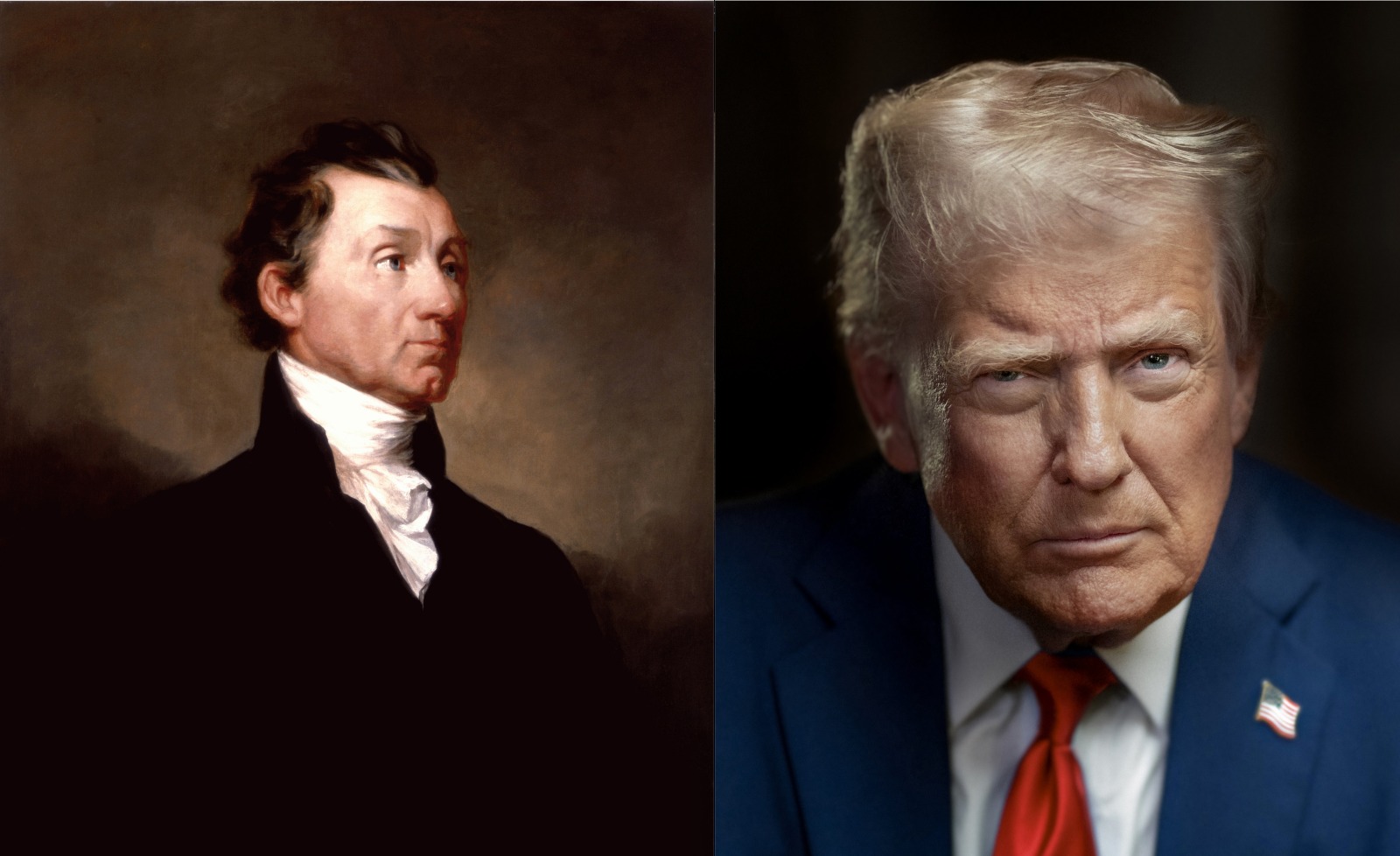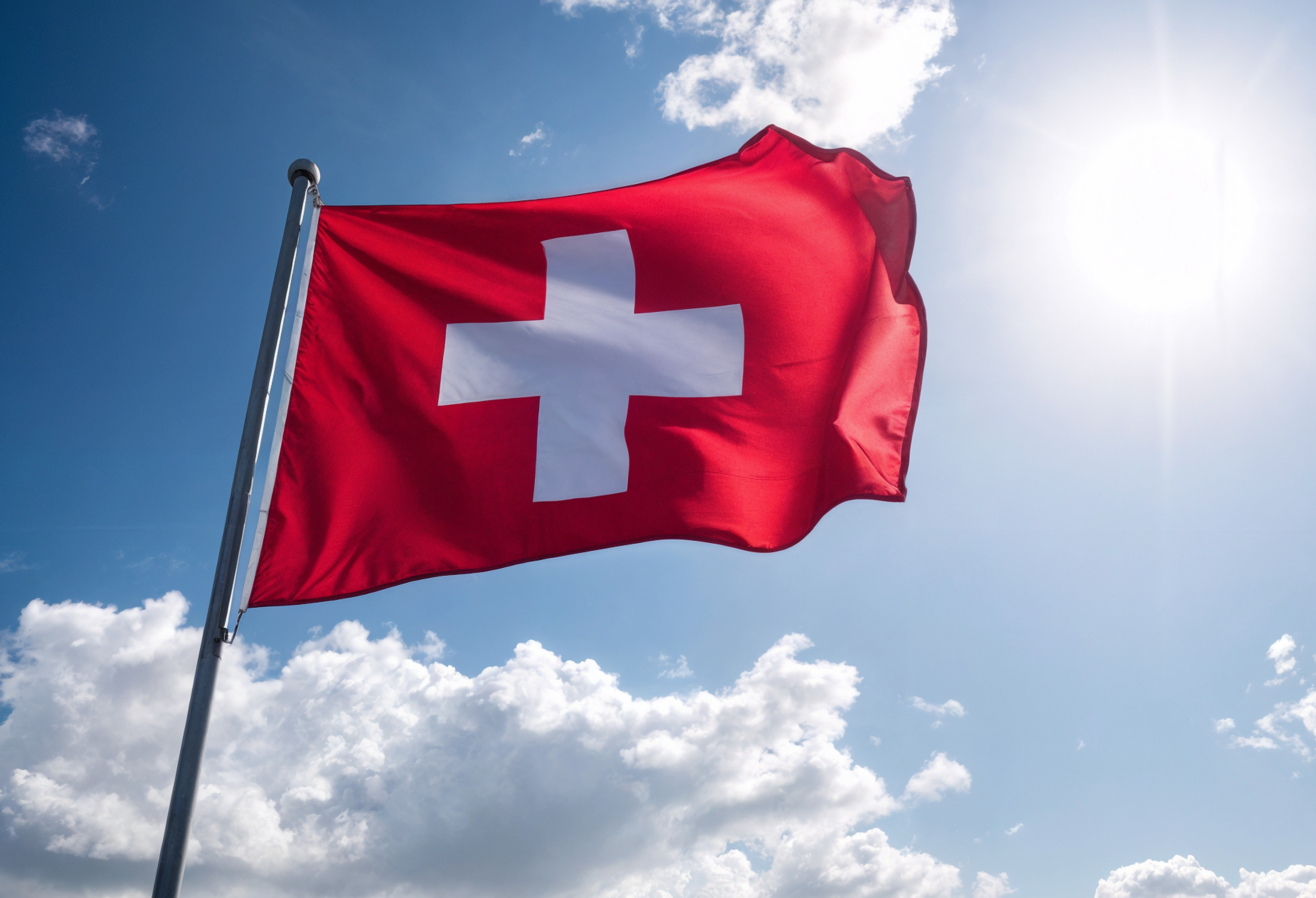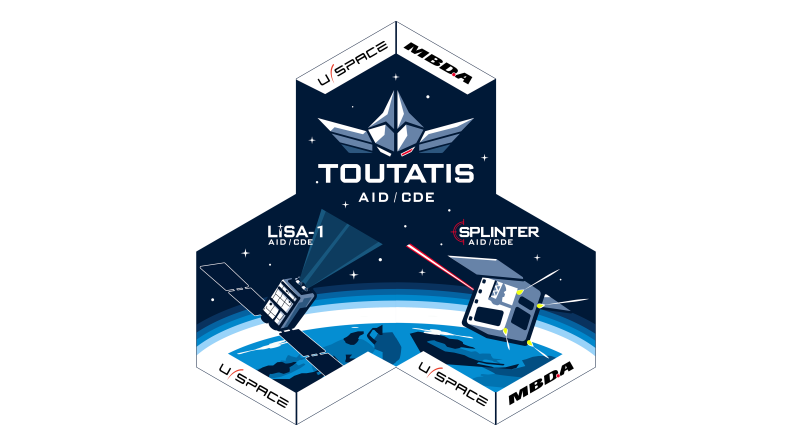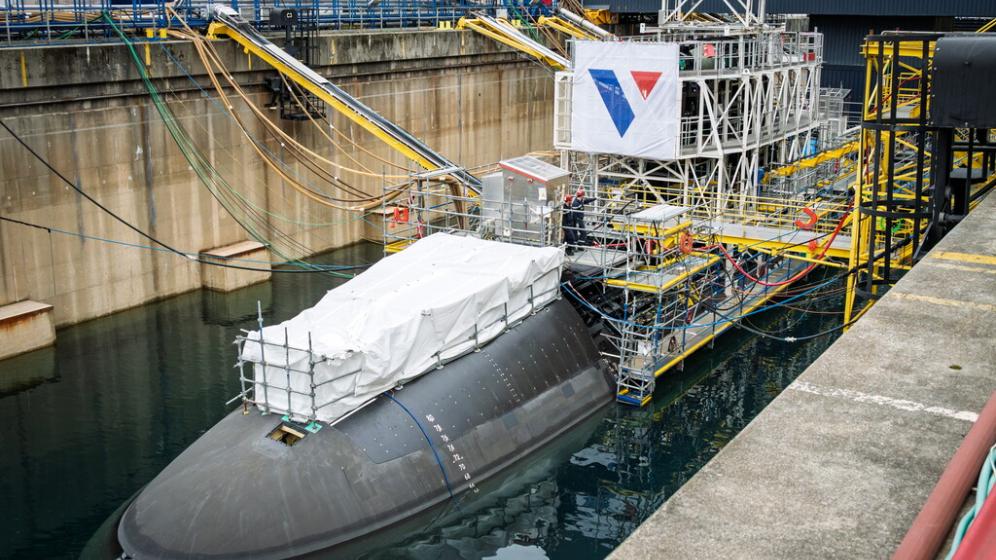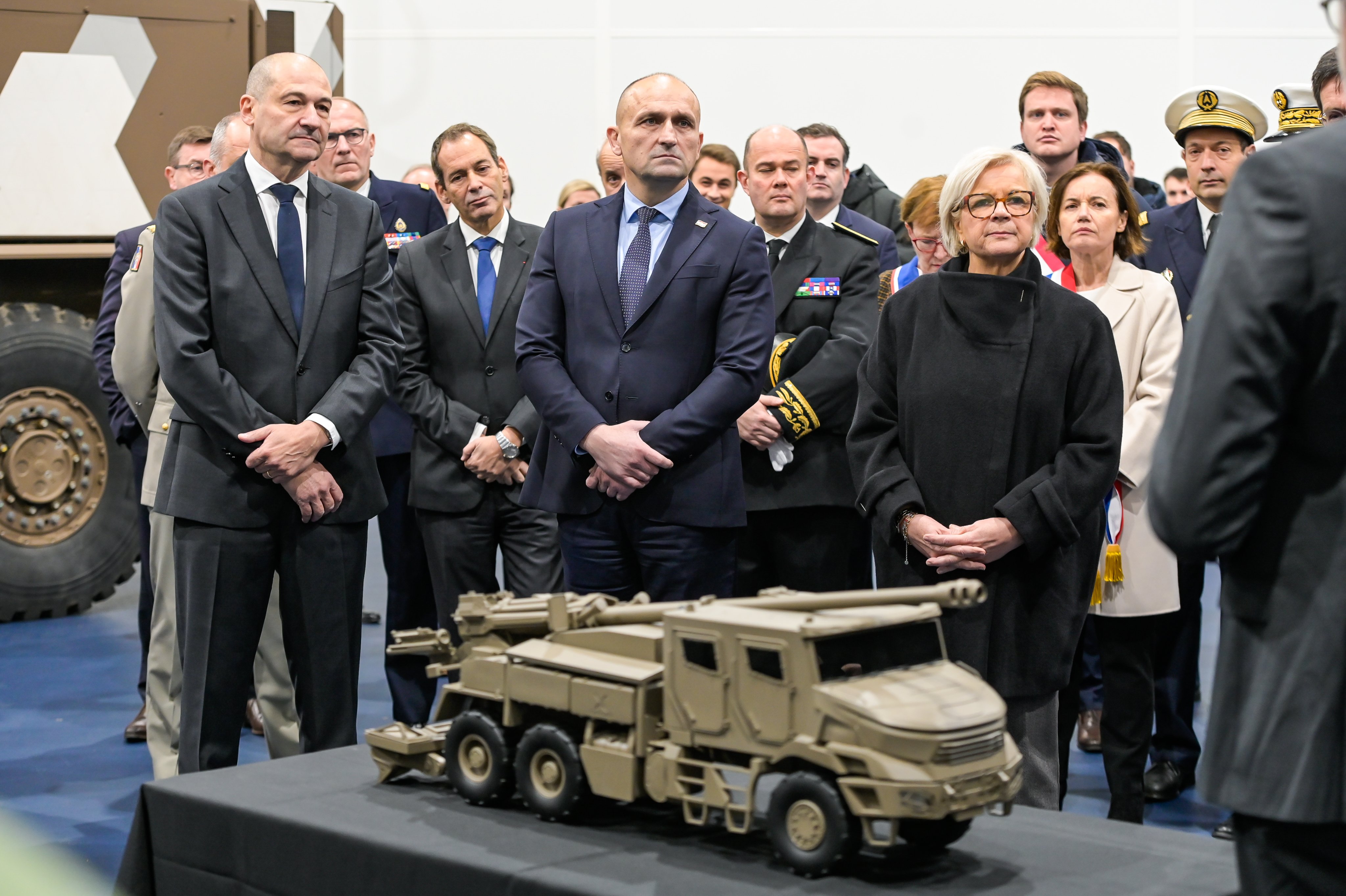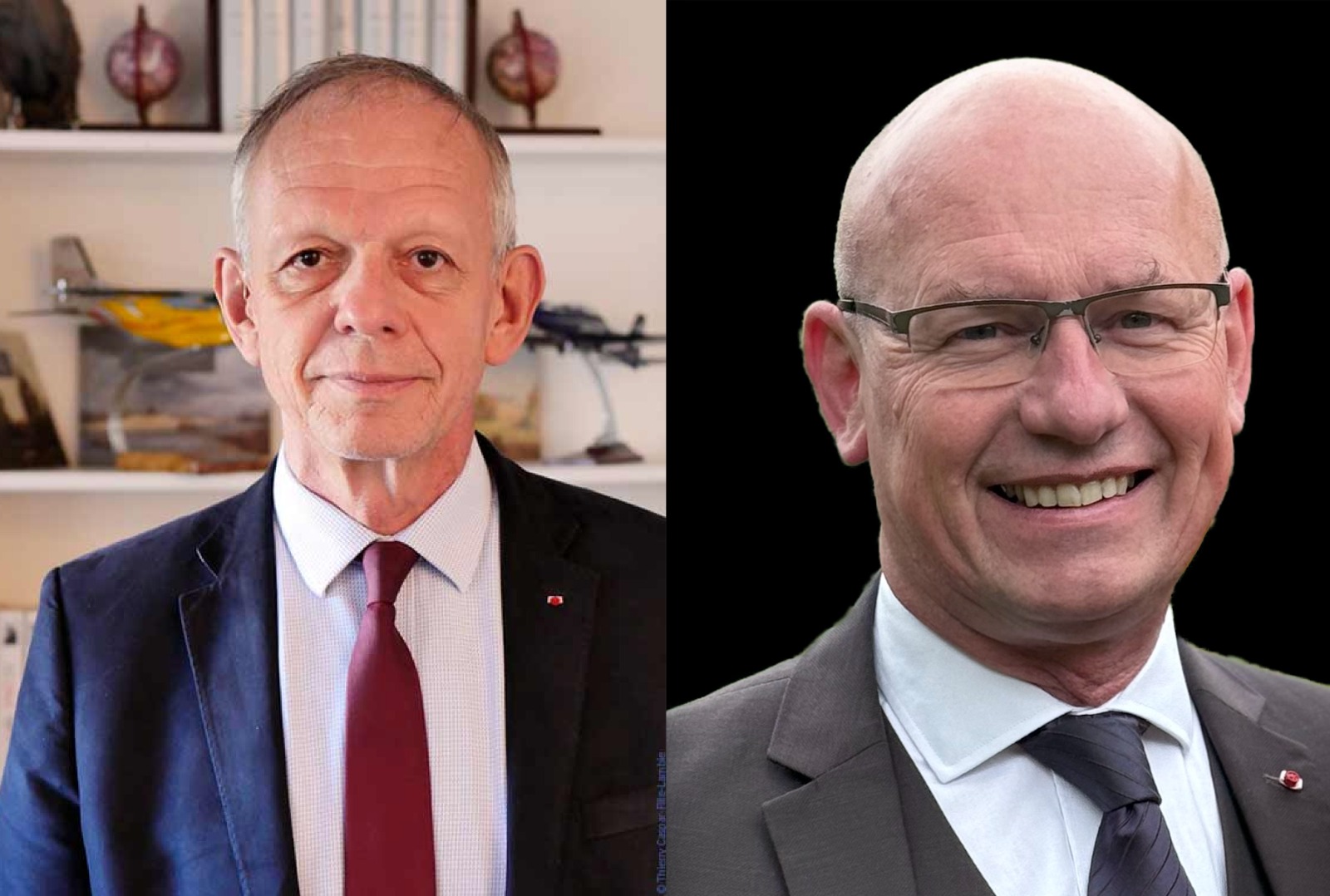Edition anglaise
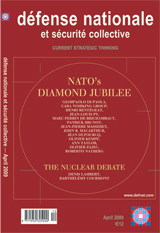
April 2009 - n° 718
Address by NATO Secretary General at the Fondation pour la Recherche stratégique (Paris) - Jaap Hoop Scheffer (de)
After President Sarkozy's speech on 11 March, the NATO Secretary General warmly welcomed France's decision to take its full place in all NATO structures.
The Alliance and the Union - Henri Bentégeat
The member states of the EU have chosen to build a common destiny, but for many years to come their defence against external threats will depend on the alliance or partnership of most of them within NATO. The two organisations are complementary in many ways: the EU needs NATO’s protection, but NATO needs a stable and prosperous Europe. How far can that complementarity be taken?
Partnership and cooperation between the OSCE and NATO - Marc Perrin de Brichambaut
In this article the OSCE Secretary General gives his general appreciation of the state of play regarding collaboration between NATO and the OSCE on the occasion of NATO’s 60th anniversary. Since their fields of competence are much closer and their relations date from the time of the Cold War, both organizations are well acquainted and used to working together.
NATO's diamond jubilee: a time to look to the future - Ann Taylor
NATO’s 60th anniversary summit in Strasbourg-Kehl this month is rightly a time to look back with some satisfaction on past achievements. There have been many. But it is also a time to look to the future; to the changing nature of the challenges we face, and how NATO should best be structured and equipped to face them. A new Strategic Concept is needed to articulate a vision for a twenty-first century Alliance.
NATO approaching 60-no time to put our feet up - Giampaolo Di Paola
In this article, the Chairman of the NATO Military Committee pro-vides a few thoughts on NATO as we approach the 60th anniversary of its creation. An Alliance created for one purpose has transformed itself during its life in response to a changing environment and an increasingly globalised world. It saw the end of the Cold War and has looked to partnerships and cooperation as the principal means of retaining relevance and effectiveness in more recent times. As it is engaged in complex operations in Afghanistan, is supporting development in Iraq, remains in Kosovo alongside the EU and has ships on the high seas protecting sea lanes of the Gulf of Aden against pirates, it is also looking closely at its structures and processes to ensure that it is best configured for the future. A proposed Strategic Concept will help define that configuration and the role of France in the Alliance will go far in shaping the NATO of tomorrow.
Towards a radical reform of the Atlantic Alliance - Groupe de travail du CARA
With NATO’s Strasbourg-Kehl summit in view, the study group on current affairs CARA has attempted to clear the way ahead and identify the resources needed for a renewal of the Alliance and to adapt it to the new strategic circumstances. From an analysis of the allied countries’ interests, it sketches the outline of a more coherent partnership between Europeans and Americans that would no longer be seen as ‘the strong arm of the West throughout the world’ but a more effective NATO complementary to European Security and Defence Policy.
The Strasbourg-Kehl summit: much more than the return of France - Olivier Kempf
There has been much debate in France about the NATO summit being held in Strasbourg and Kehl at the beginning of April. Unsurprisingly, this debate has mainly focused on the comparatively incidental matter of France’s return to NATO, while failing to recognise that this summit is significant from many other points of view, including operational aspects as well as the new European security architecture, which clearly needs updating
NATO in Afghanistan - Jean-Louis Py
The operation in Afghanistan is the exact opposite of the conflicts for which the Alliance was created and its forces structured and trained. Despite being already involved in the Balkans, NATO has shown an even greater ability to adapt to this new operation. Even so, today it is seeking fresh inspiration, a new strategy to handle what is a complex situation and complete its mission without denting the confidence of its member nations. Its future is on the line there.
The significance of SEAD as a key capability within NATO - Olivier Zajec
The surface-to-air threat is growing rapidly, and with it players excluded from the international relations community can obtain a strategic advantage that could, at little cost, reduce or even cancel out the West’s air and IT superiority. Tomorrow, surface-to-air systems could permanently destabilise the coalition’s efforts in Afghanistan. And Africa, too, may not be spared this threat for long. As there is little in the way of SEAD (suppression of enemy air defences) assets in Europe, France could take advantage of its reintegration into NATO to propose the creation of a SEAD/DEAD package pooled at the European and NATO levels.
The relative Alliance - Jean Dufourcq
The question of the Atlantic Alliance’s future is concentrating European and American minds before the next summit at Strasbourg-Kehl. France, which is radically changing its military position within NATO, must contribute to this conceptual task. Apart from the ideas which are emerging on a new Strategic Concept for the relaunch of NATO, there are more radical questions to be asked on the alliances and pitfalls which threaten these ideas, at a time when globalization is resulting in a diversified planet, one of a web of power relationships
New forms of non-military threats: what role for NATO? - Patrick Brunot
Since questions that are not military in nature cannot have military responses, does the Atlantic Alliance need to redefine itself? This difficult political, diplomatic and military question poses the real challenge for the years to come
Let's change our political stance within NATO! - Jean-Pierre Masseret
The debate on France’s reintegration into NATO structures centres on four main political questions and one subsidiary question: Does France’s full reintegration betray the French Republic’s universal values, its role and influence in the world? Is France turning its back on the political stance adopted by General de Gaulle in his day? Is France adhering unconditionally to American political theories? Does France’s reintegration de facto spell the end of European Security and Defence Policy? And finally, is it the right time, or is it too soon or too late? Considering the subject matter, these questions deserve open and honest debate in parliament.
Is NATO necessary? - John R. Macarthur
France’s reintegration into NATO is a potentially harmful move resulting from the submission of France’s Atlanticist right to Washington’s ambitions. In a world more than ever integrated, France should return to Charles de Gaulle’s independent, multipolar position rather than bow to Sarkozy’s dreams of alignment with Obama. By doing that the French could help lead America back to reason outside the outmoded NATO structure.
France and NATO-a short memory - Roberto Nayberg
In rejoining the Atlantic Alliance’s integrated military structure, France is taking a decision that has weighty consequences because it is loaded with meaning. The low intensity of public debate raised by this decision is proof that the public have lost sight and understanding of the arguments behind General de Gaulle’s choice in 1966. Things have to be put back in their historical perspective to remind people that, at a time of great upheaval, reason and common sense were the fundamental values that guided France.
The US Army in search of a tactical breakthrough: Task force ODIN - Jean-Claude Allard
To combat improvised explosive devices (IEDs), the US Army has set up an air/land task force whose effectiveness has enabled it to put into practice the principles that underlie its RSTA-FCS (reconnaissance, surveillance, targeting, acquisition-Future Combat System) concept. Unpredictable, reactive, omnipresent and flexible, three-dimensional land combat is made possible by the integrated action of helicopters, unmanned aerial vehicles (UAVs) and ground troops. This constitutes a true tactical breakthrough, suited to the needs of asymmetric warfare.
The nuclear debate: ethics versus effectiveness - Denis Lambert
Following some political manoeuvring, a new debate on the future of nuclear deterrence is about to resurface. And a first deadline has been set by the need to restore the strategic balance between the United States and Russia before the START Treaty ends on 5 December 2009, as well as by preparation for the next NPT Review Conference. Perception of the main threat has changed, but so have concepts of deterrence. Far from outmoded, deterrence forms part of a broader vision in which realism has the edge over idealism.
North-East Asia: at risk of nuclear proliferation? - Barthélémy Courmont
North-East Asia is distinguished by being potentially one of the world’s most nuclearised regions. It includes two nuclear powers recognised by the Non-Proliferation Treaty (Russia and China), a proliferant state (North Korea) and three countries that could very quickly complete nuclear programmes (Japan, South Korea and Taiwan). Now that the question of nuclear proliferation has again surfaced on the international strategic scene, and that North Korea’s test of October 2006 has introduced a new security paradigm into the region, how real is the risk of nuclear proliferation in North-East Asia?
Multinational Interoperability Council and coalition-building - Jean-Pierre Teule, Andrew Smith, Robert A. Davidson, Erhard Bühler, Pasquale Preziosa, Andy Pulford, John M. Paxton
The MIC is a senior operator-led, seven-nation forum that identifies and addresses strategic and high operational level interoperability issues. It identifies interoperability issues and articulates actions, which if nationally implemented by member nations, contribute to more effective multinational/coalition operations. This forum has existed since 1996 and consists of representatives from the Ministries/Departments of Defence of Australia, Canada, France, Germany, Italy, the United Kingdom, and the United States. New Zealand is an Observer while NATO Allied Command Transformation and the European Union Military Staff are Associates.
Protecting the population: right and responsability - Matthias Hieber
The Treaty of Westphalia (1648) defined relationships between states in mutual respect of their sovereignty. For some ten years, the duty to protect his people has been imposed on the sovereign; a concept that is still somewhat vague and legally imprecise. If this ‘duty to protect’ is not assured by the sovereign power, it is the international community’s right and duty to assume the responsibility; specifically the United Nations, which is the legitimate guarantor of peace and international security. However, for various reasons, the UN is not always capable of assuming this responsibility. Who, then, should act in its place to avoid massive loss of life? Is the EU in a position to do so?

